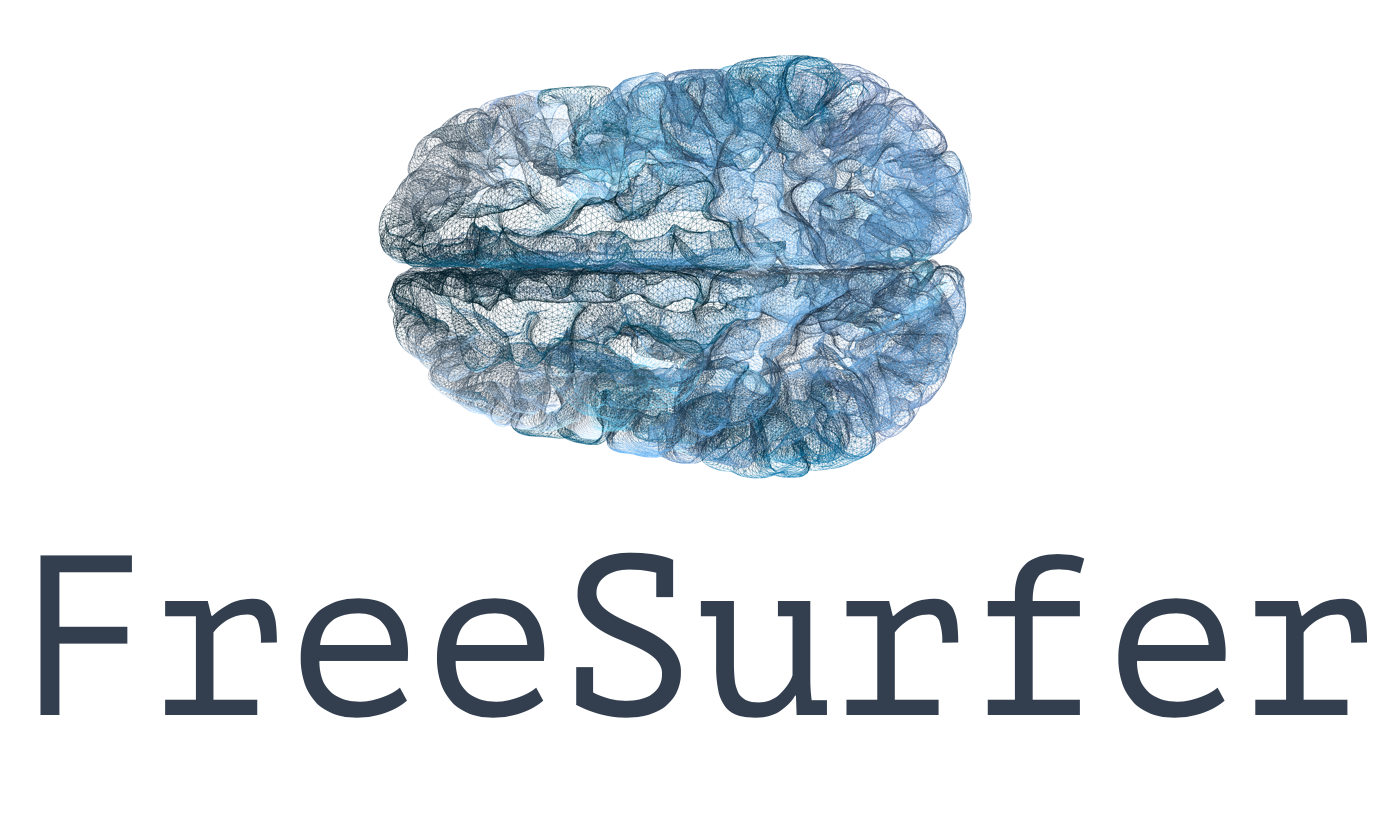
MONAI is a PyTorch-based, open-source framework for deep learning in healthcare imaging. It provides domain-optimized foundational capabilities for developing healthcare imaging training workflows in a native PyTorch paradigm. MONAI is designed to support the development of deep learning models across a broad range of medical imaging tasks, such as classification, segmentation, and image generation.


